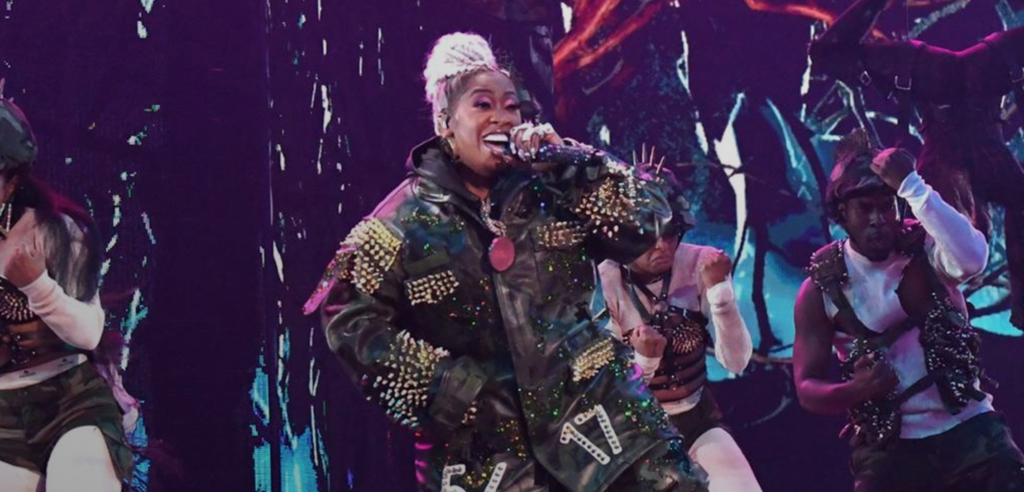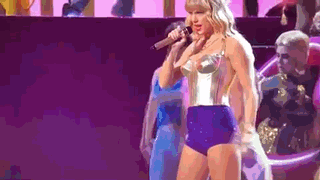28 Aug Recap: 2019 MTV Video Music Awards
 The 2019 MTV Video Music Awards was the least-watched one yet, with only 1.93 million viewers tuning in. Many will be quick to blame the quality of the performances, and while some were trash, it wouldn’t be a fair critique — last year was definitely worse. The fact of the matter is that these Generation Z kids and younger millennials don’t care about award shows the way previous generations did. Also, the fragmented nature of media in 2019 makes it harder to get large segments of the population to watch the same thing at the same time from start to finish.
The 2019 MTV Video Music Awards was the least-watched one yet, with only 1.93 million viewers tuning in. Many will be quick to blame the quality of the performances, and while some were trash, it wouldn’t be a fair critique — last year was definitely worse. The fact of the matter is that these Generation Z kids and younger millennials don’t care about award shows the way previous generations did. Also, the fragmented nature of media in 2019 makes it harder to get large segments of the population to watch the same thing at the same time from start to finish.
But enough media analysis, let’s talk about the show.
Taylor Swift’s “You Need to Calm Down” took home the Video of the Year award while Ariana Grande won Artist of the Year. Quite frankly, none of this really matters because MTV is no longer the institution it once was. For a full list of winners, click here.
This year’s VMAs gave us a few amazing performances. Normani performed “Motivation” for the first time (and killed it), Missy performed a medley before receiving the Michael Jackson Video Vanguard award (more on that later), and then there was Lizzo.
Without a doubt, Lizzo owned the night. Her performance started with her current hit, “Truth Hurts,” and then transitioned into what is arguably her breakthrough hit: “Good As Hell.” The latter didn’t chart until very recently, but for over three years, we have heard it in movies and commercials. Lizzo’s performance was all about self-love, especially for those who get very little love from the world around them. If you weren’t feeling good ass hell by the end of her performance, check your pulse.
The VMAs took place in Newark, NJ, this year, and in honor of the city, we got a medley of some of Jersey’s greatest. Queen Latifah, Redman, Fetty Wap, Naughty By Nature and Wyclef Jean gave me the performance I didn’t know I needed, so it definitely deserves an honorary mention.
There were also performances by Lil Nas X, the Jonas Brothers, Shawn Mendes, Camila Cabello, Rosalia, Ozuna, J Balvin and Bad Bunny. Lil Nas X performed “Panini” and I have never been more disappointed. Instead of just rocking the mic the way such a song demands, he lip-synced the whole thing a la Britney, except he didn’t have the moves to justify that. Horrible performance.
Speaking of horrible performances, Taylor Swift plays too damn much.

Now, back to Missy. Her performance was great, but for an artist who has had so many iconic collabos over the years, we could have used a guest appearance or two. Yes, Alyson Stoner (a.k.a. the lil white girl from the “Work It” video) made an appearance and it was cute, but that is not nearly enough. We needed Timbo or Luda or Da Brat or SOMEBODY.
It was a decent performance, but we were def left wanting. The only consolation is her insistence on referring to the award as the Michael Jackson Video Vanguard even though MTV dropped the King’s name from its title. We stan a loyal, defiant queen.


